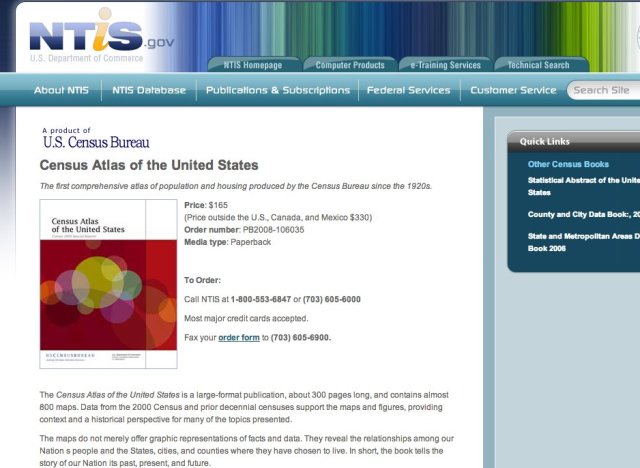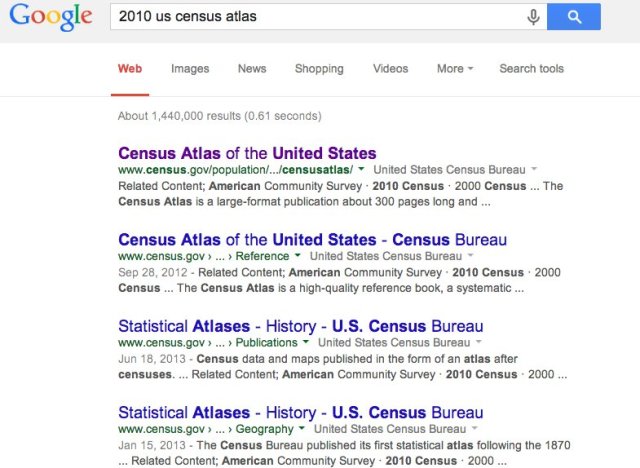Apparently there is one thing U.S. Senators from both sides of the aisle can agree on: When you can use Google to answer a question, use Google to answer a question.
In a shining moment of bipartisanship, Sen. Tom Coburn (R-OK) and Sen. Claire McCaskill (D-MO) last week co-sponsored the "Let Me Google That For You Act," an attempt to convince fellow politicians that a government agency isn't necessary when Google can do the job for you.
Specifically, the bill takes aim at the National Technical Information Service (NTIS), a government agency founded in the 1950s for the purpose of providing “businesses, universities, and the public timely access to approximately 3 million publications covering over 350 subject areas," according to the agency's website.
The problem is, it's not the 1950s anymore. And while NTIS might have been a valuable resource decades before the emergence of the world wide web, almost all of the information provided by NTIS -- 95 percent, according to the bill -- is available via Google (or whichever other search engine you happen to prefer).
For example, would you rather pay the NTIS $165 for a copy of the 2010 U.S. Census atlas?
![ntiscensus]()
Or find the 2010 U.S. Census Atlas for free on Google?
![2010 census google]()
NTIS loses around $1.3 million in revenue annually, according to data cited in the bill. And while that's a relatively small amount, the authors' argument is simple: "No Federal agency should use taxpayer dollars to purchase a report from the National Technical Information Service that is available through the Internet for free."
NTIS didn't immediately respond to a request for comment by The Huffington Post.
In a shining moment of bipartisanship, Sen. Tom Coburn (R-OK) and Sen. Claire McCaskill (D-MO) last week co-sponsored the "Let Me Google That For You Act," an attempt to convince fellow politicians that a government agency isn't necessary when Google can do the job for you.
Specifically, the bill takes aim at the National Technical Information Service (NTIS), a government agency founded in the 1950s for the purpose of providing “businesses, universities, and the public timely access to approximately 3 million publications covering over 350 subject areas," according to the agency's website.
The problem is, it's not the 1950s anymore. And while NTIS might have been a valuable resource decades before the emergence of the world wide web, almost all of the information provided by NTIS -- 95 percent, according to the bill -- is available via Google (or whichever other search engine you happen to prefer).
For example, would you rather pay the NTIS $165 for a copy of the 2010 U.S. Census atlas?

Or find the 2010 U.S. Census Atlas for free on Google?

NTIS loses around $1.3 million in revenue annually, according to data cited in the bill. And while that's a relatively small amount, the authors' argument is simple: "No Federal agency should use taxpayer dollars to purchase a report from the National Technical Information Service that is available through the Internet for free."
NTIS didn't immediately respond to a request for comment by The Huffington Post.